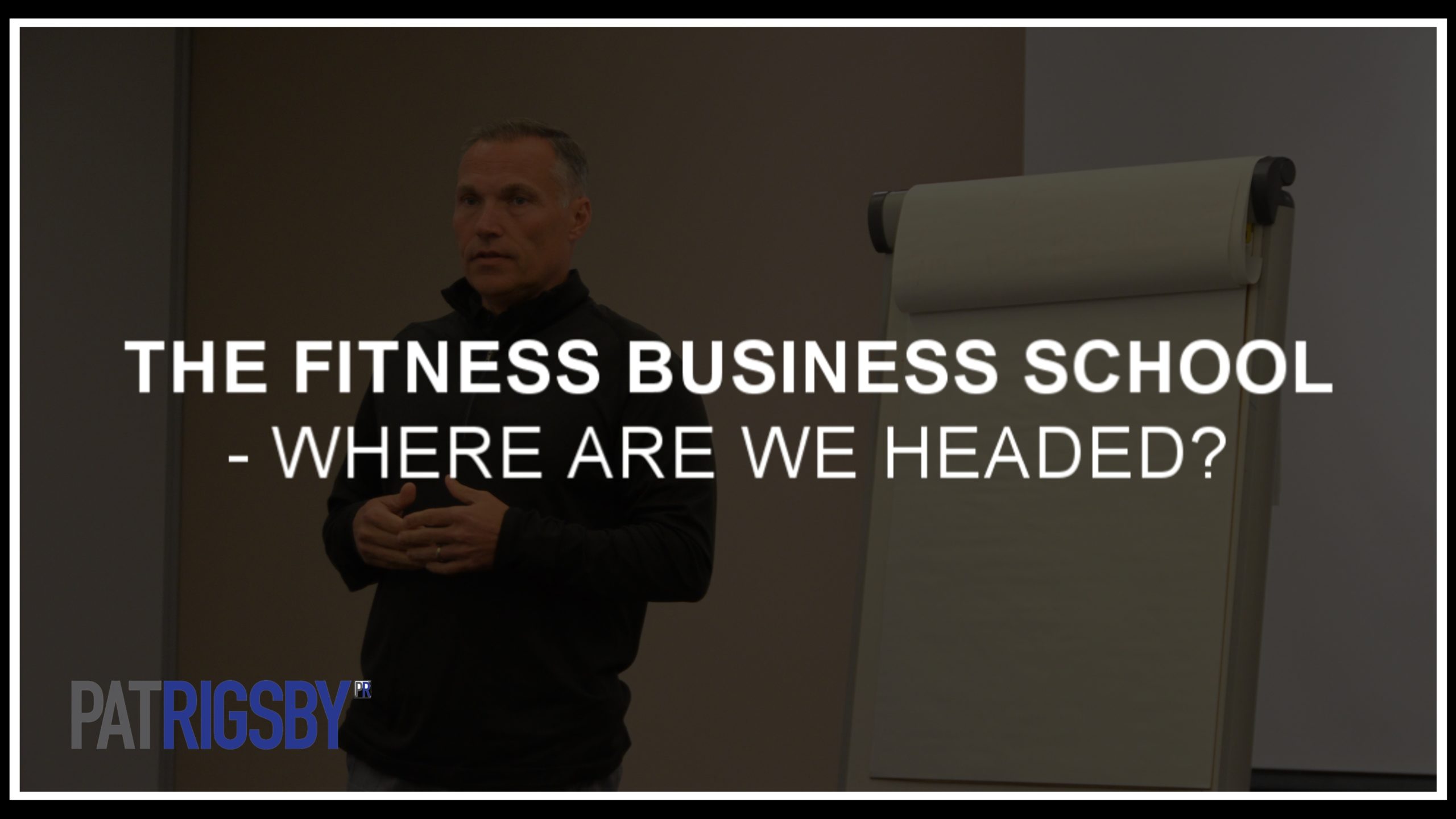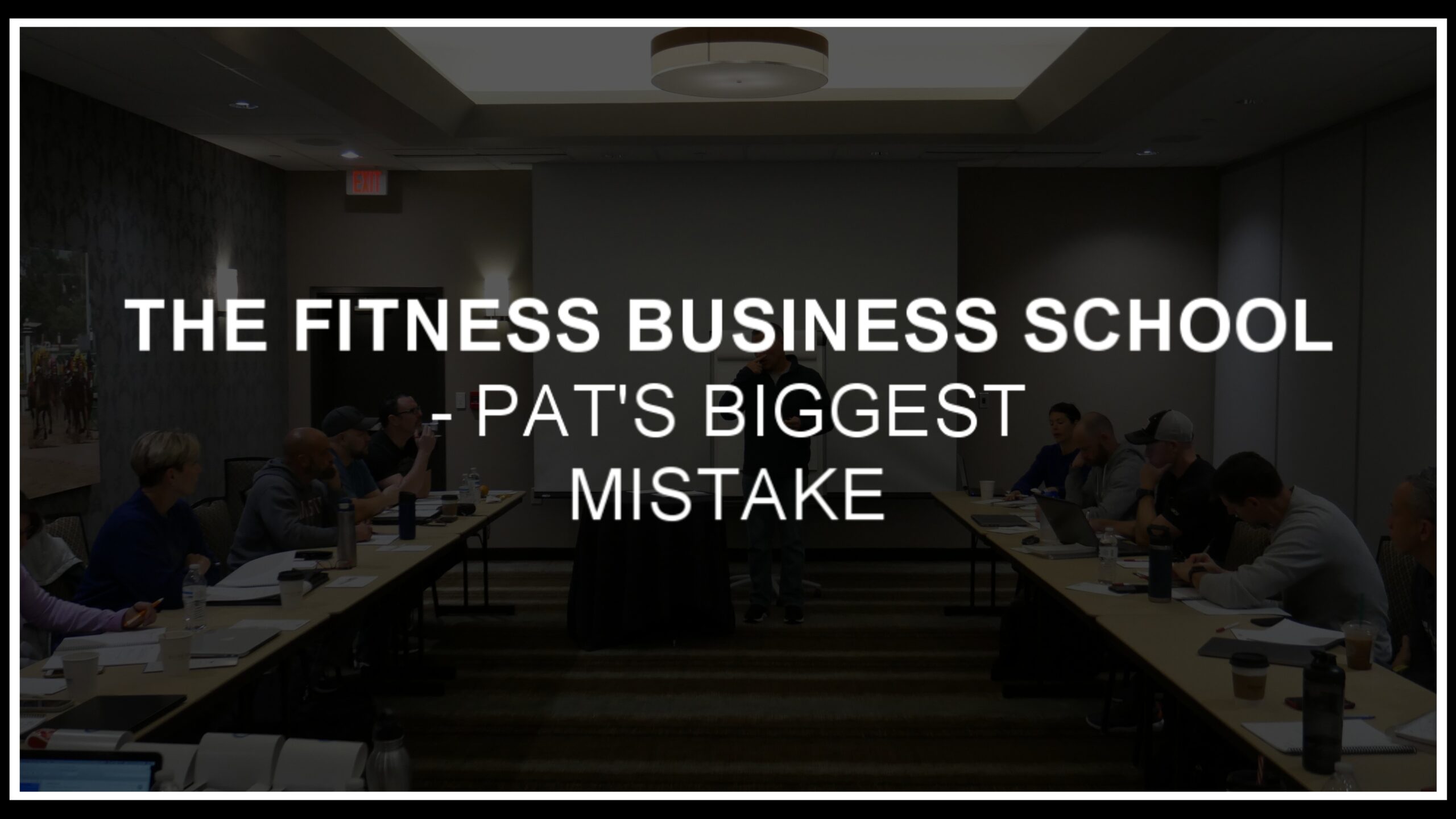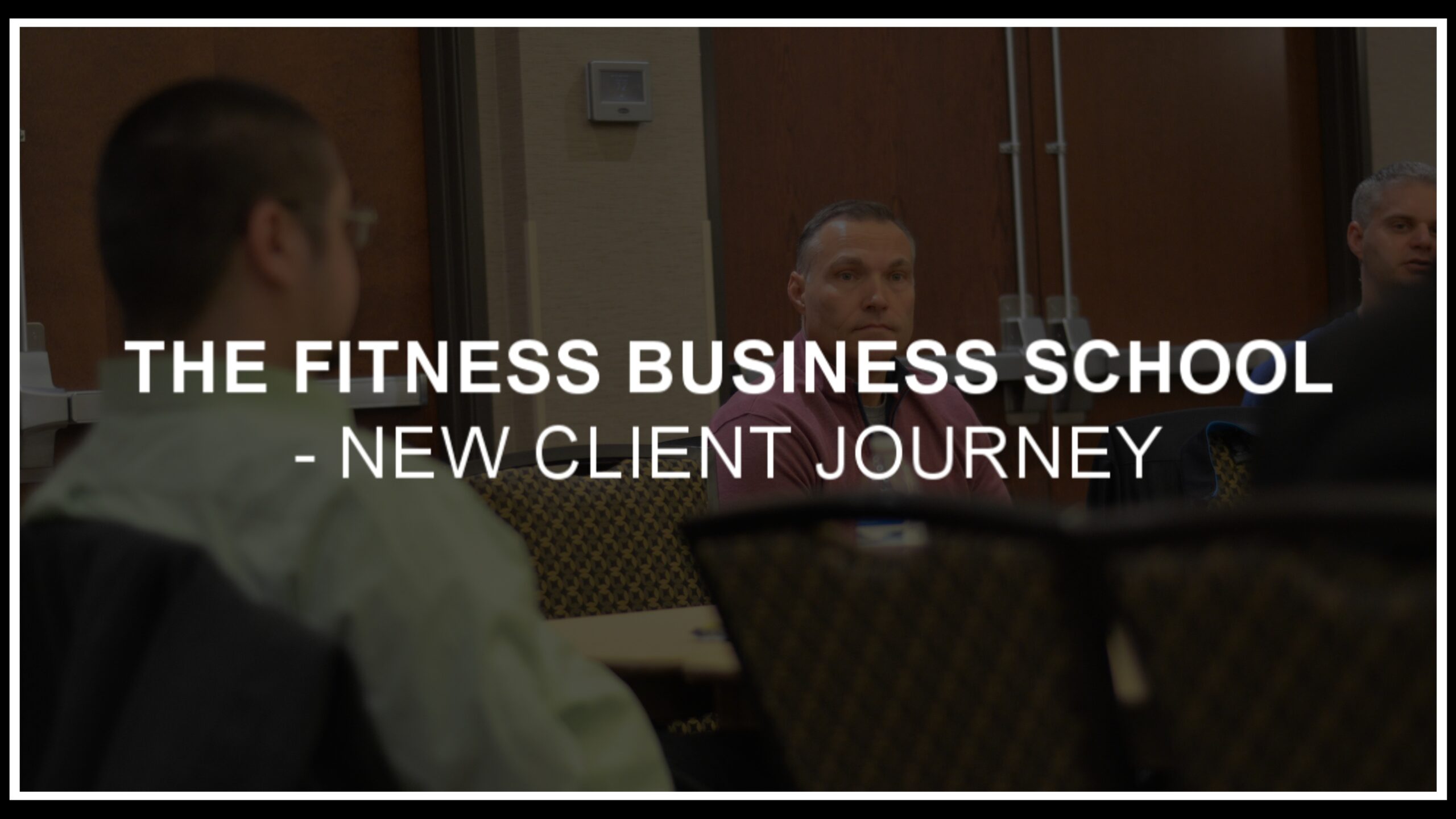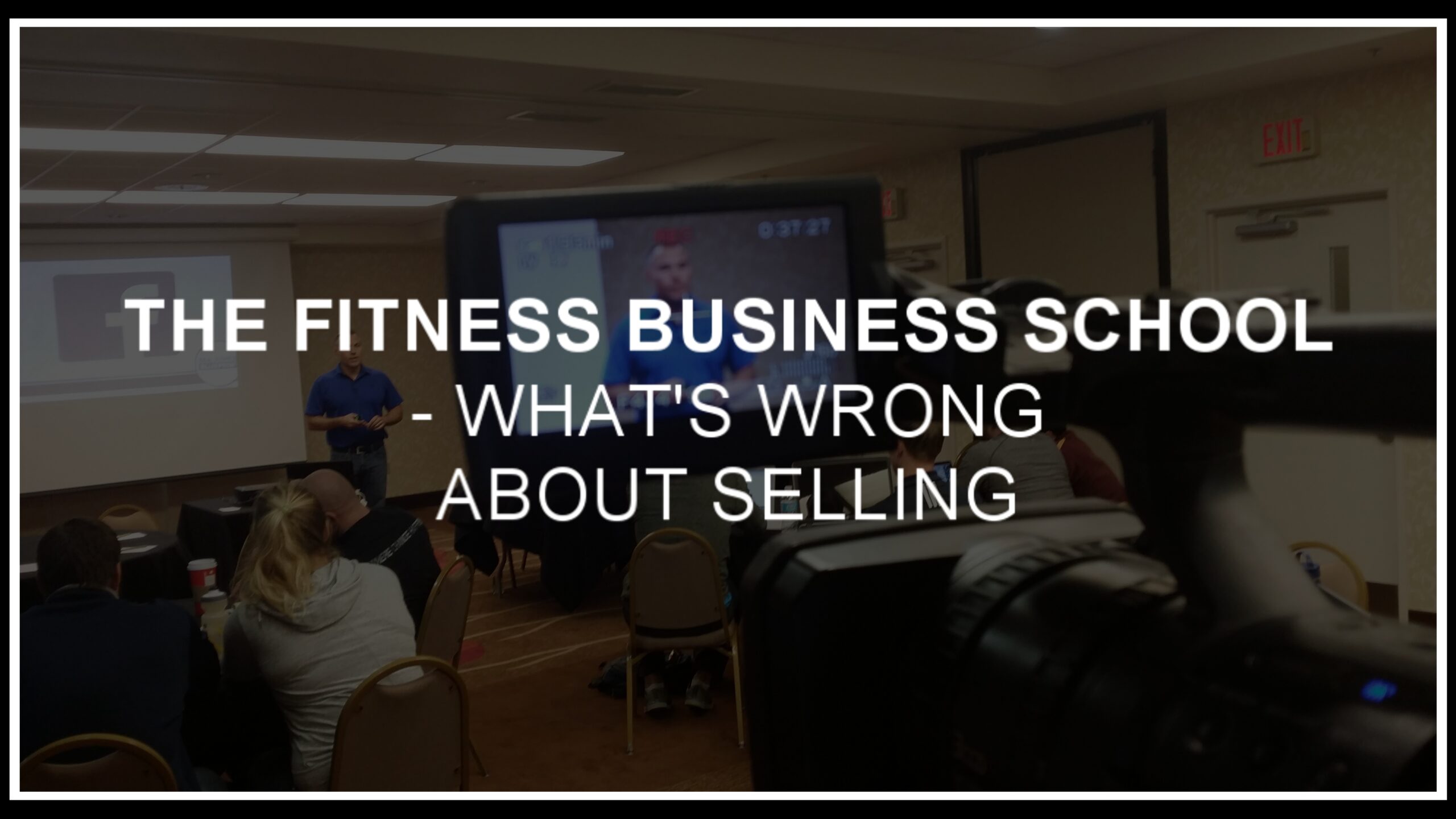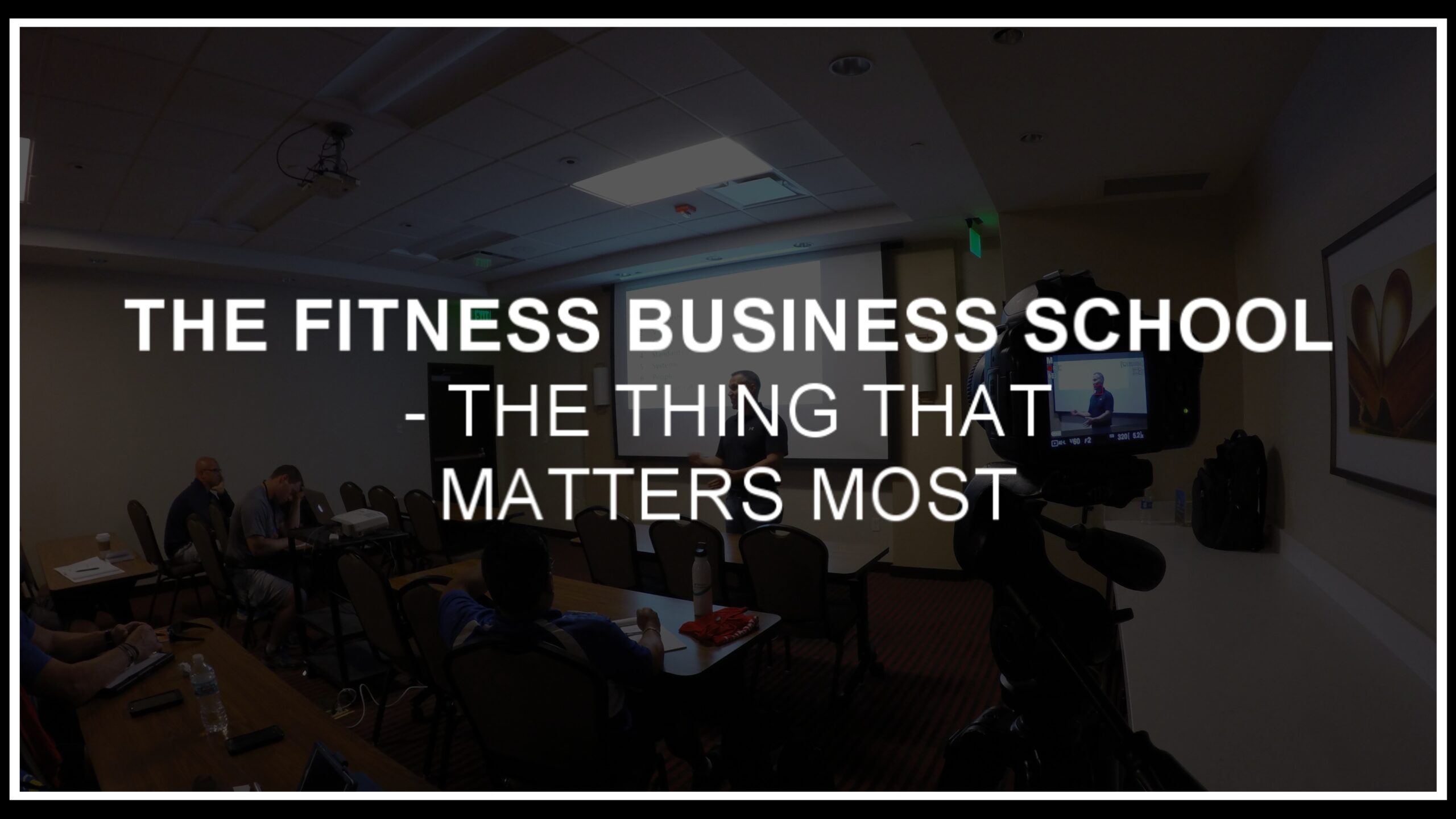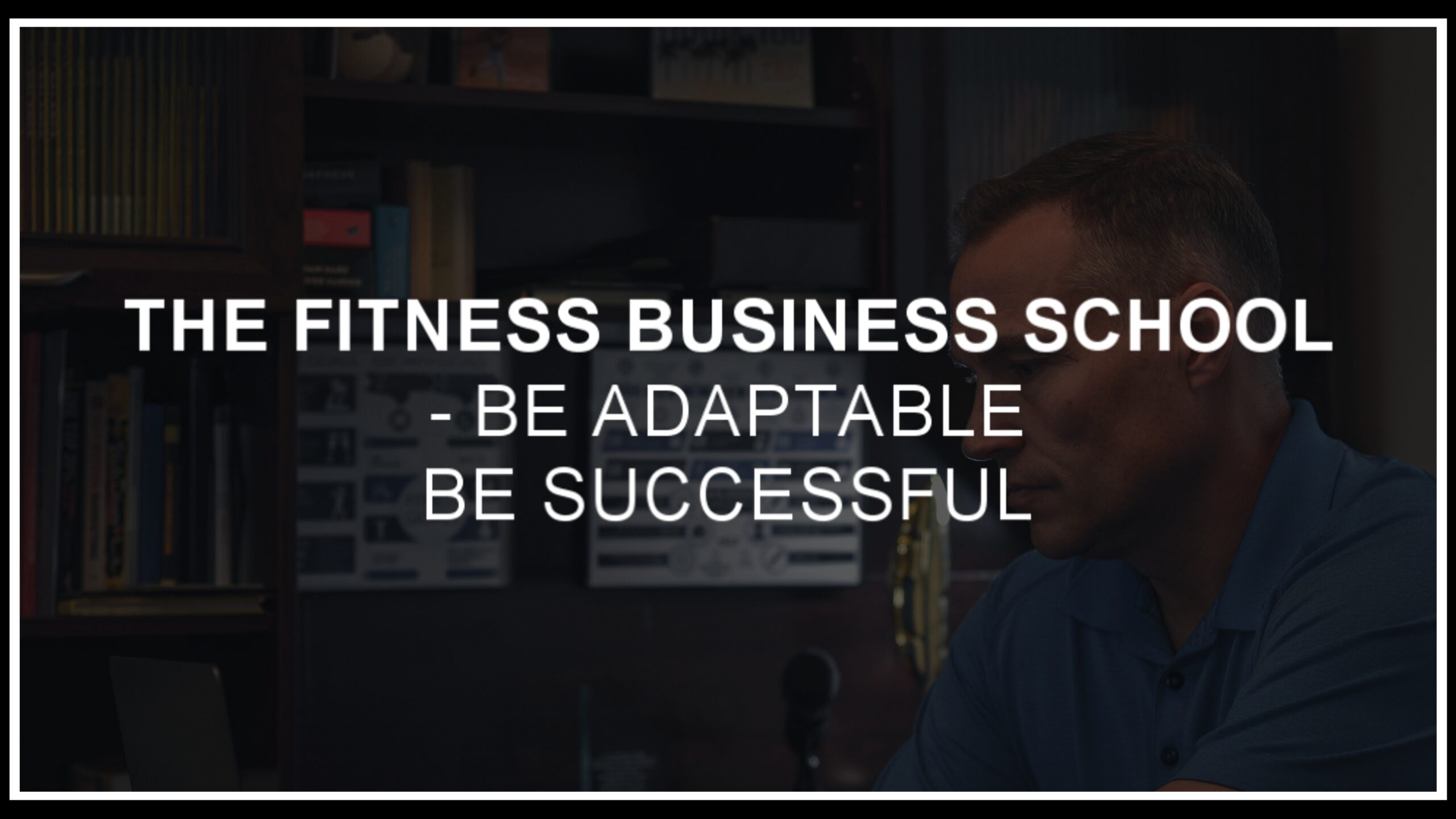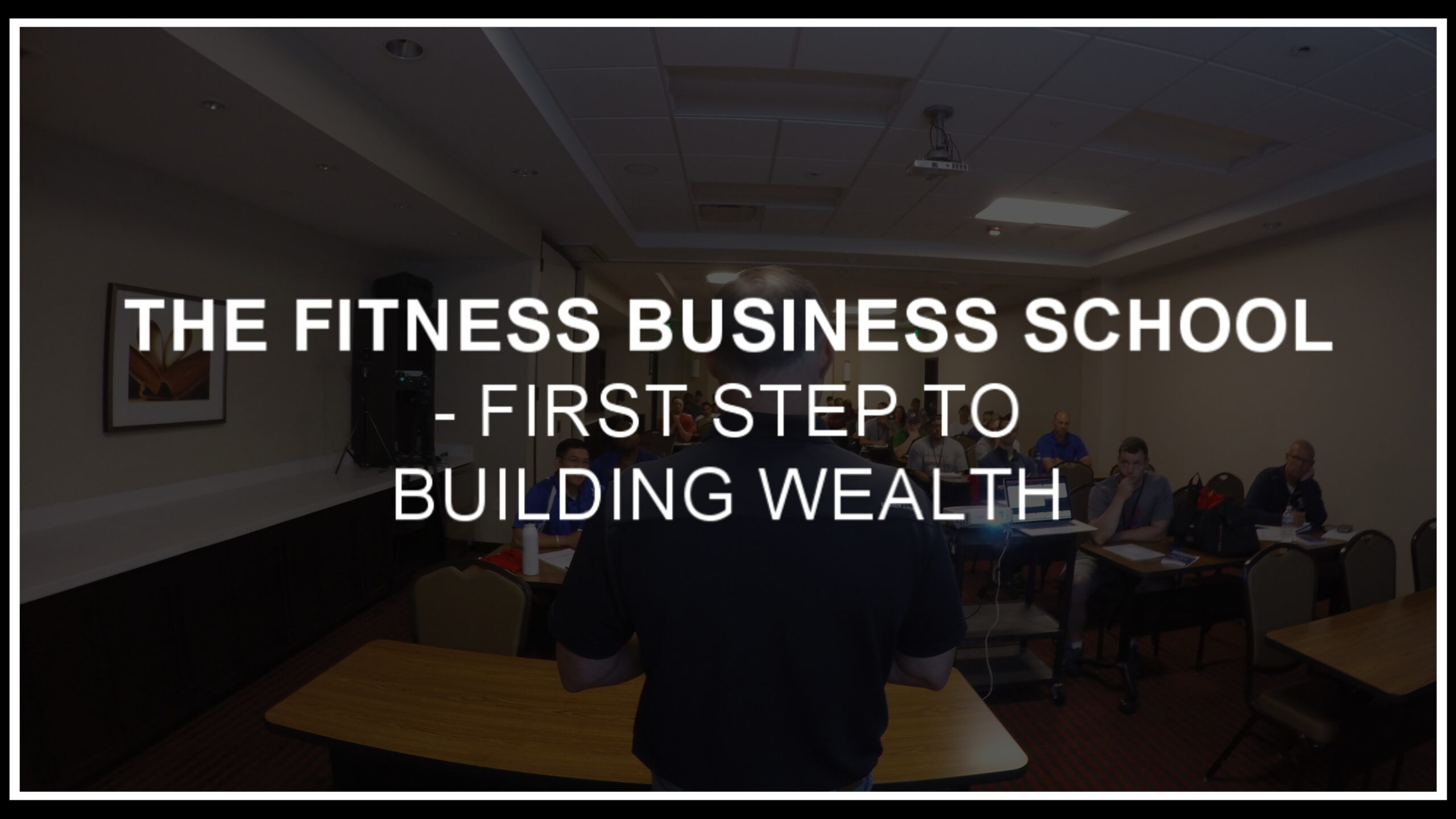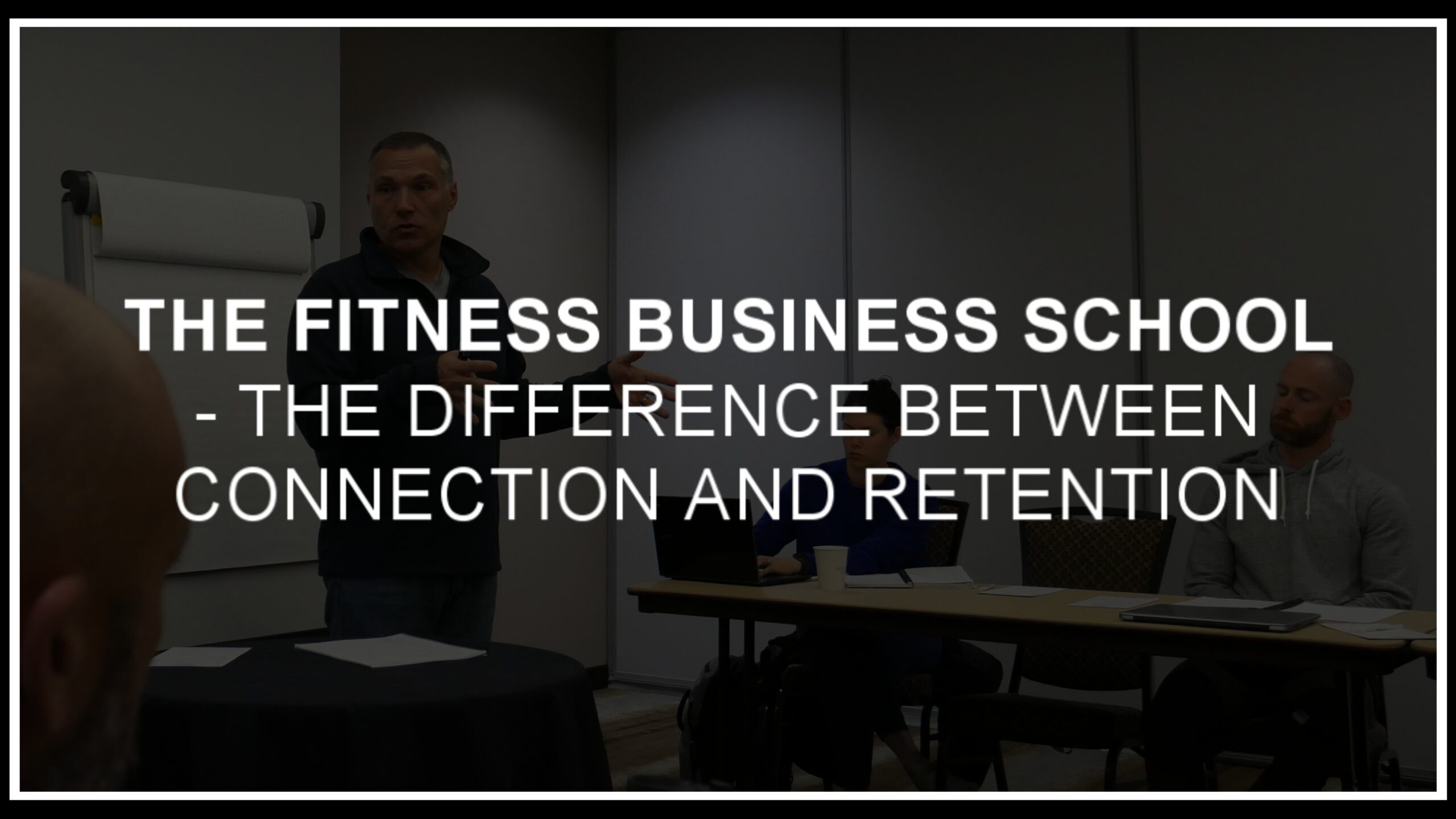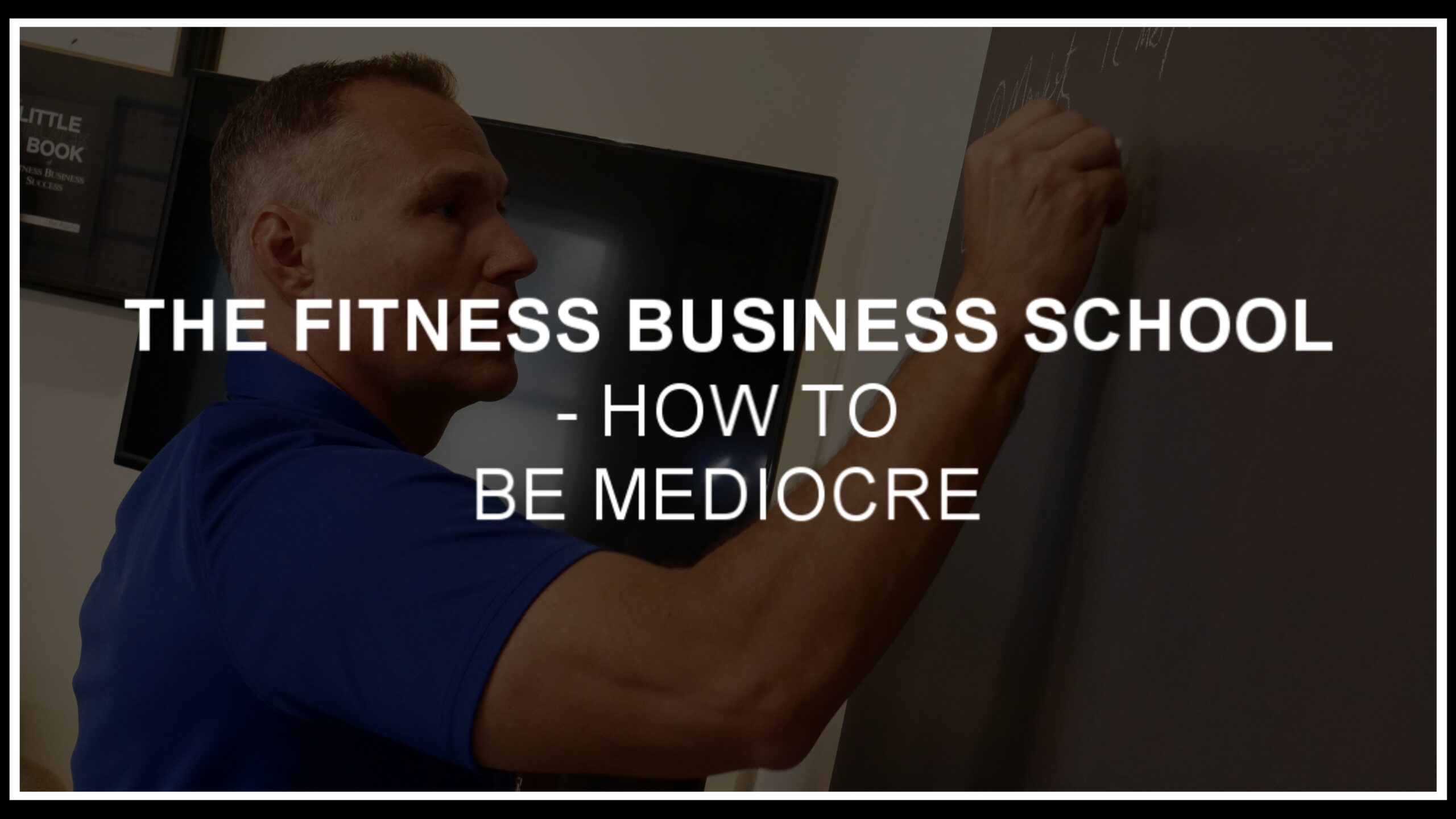Show Notes
- People are looking for a higher value option
- “Higher touch” is means higher value
- Your clients are looking for accountability
- Specialization or individualization is even more valuable
- Combine these ideas and be more flexible for more success
P.S. – 6-Weeks of Coaching…Free.
Get a surge of new clients and revenue over the next 6 Weeks with ZERO FEE and no obligation to continue?
If you’re a current business owner who wants to add 50K or more in annual revenue over the next 12 month, you can Test Drive our coaching program for 6 Weeks with no fee or even an obligation to continue as a way to demonstrate how we can help you grow your business.
No strings attached. No obligation. You get our best coaching & tools…and hopefully, you’ll love it enough that you want to keep working together.
Would you be interested in discussing?
If so, email me here with ‘interested’ in subject line and we’ll set up a chat.
Full Transcript
Hey, Pat Rigsby here. And in this episode, I want to talk with you about really kind of the summary of where I think the industry is headed. So let’s get to it.
Welcome to the fitness business school with Pat Rigsby, the podcast for fitness entrepreneurs who want to make more income, have greater impact, and enjoy more freedom in their ideal business. If you’d like an accelerated route to these goals, email me at [email protected] and put BGA in the subject line and I’ll get you all the details about our business growth accelerator program.
Hey, Pat here. And I wanted to really get into where I think the industry is headed. Now, I’m not talking about every nuance, every tactical thing, more or less. I’m thinking about this from a philosophical standpoint and really for the past, gosh, I guess five to 10 years, we’ve been in a high volume stage, right? We’ve been in this large group training boot camp I mean OrangeTheory, F45, Cycle Bar Club, Pilates, all these franchise group business models. And then if we’re looking on the club side, low price, high volume webs, and you know, I think that that has crested. I think that sure, it’s, it’s still going to be around. It’s not going to go away and in its entirety, but I think we’re shifting to more of a high value business model. Now, if we look at the restaurant industry is kind of the predecessor to this, right? I mean, for the longest time, the fast food industry was low cost, high volume, right? We had McDonald’s and Wendy’s and Burger King doing that. And then we started to try to kind of move a little bit into this fast casual for, I guess, maybe lack of a better way of putting it high value model. So people wanted something better. They wanted something a little bit higher quality and they weren’t just going to settle for fast and cheap anymore. And I think the fitness industry is headed in that direction as well.
So what does high value mean for us? Well, the first thing that I would tell you is higher touch. We we’ve gotten by from the coaching side for, for really years focusing almost all of our touch points on in facility interaction, group training. So you know, a high client to coach or member to coach ratio. And so really it’s been low touch per person for the past decade. And if we look at the industry prior to that with personal training, it was certainly a lot more high touch then when almost everything was one-on-one well, I think we’re going to shift back to some of that high touch. So that may mean more accountability. It may mean more interaction with clients in between in person or virtual sessions. It may mean more of a shift towards one-on-one or semiprivate or small group training, but no matter what I believe this high touch approach is coming back, and frankly is going to take a big segment of the industry and really be a better experience for clients as a whole.
The second part of this high value business model is going to be more accountability. I mean, I touched on this with high touch, but if we think about where clients kind of fall down in this whole kind of result, getting process it’s accountability. In fact, that may be one of the biggest strengths of group training. And we may not look at it that way, but it’s people having an appointment to show up at a specific time at a specific place. And they feel like people are waiting on them. People are expecting them there. They’ve got a group of training partners, if you will. And so there’s some inherent accountability there, and that may be the biggest strength, right? Because the workouts aren’t customized to individuals, the programming in so many cases with a lot of the franchise models is not a whole lot different than what somebody may have seen in group X classes. But yeah, There’s this accountability of people showing up and paying to have some sort of appointment based approach to fitness. So they’re more likely to, to stick to it. They’re more likely to stay on track, but if we think about where they fall off, there’s not a lot of accountability when it comes to nutrition. There’s not a lot of accountability when it comes to recovery. There’s not a lot of accountability when it comes to activity outside of training sessions. And that’s where, that’s where they fall short that other 165 hours throughout the week that, you know, they undermine, or at least don’t augment the three hours that they’re spending in a class or in a training session. So more accountability you know, whether that be actual personal touch or some sort of automated or artificial intelligence based approach, there’s going to be more accountability as a driver for so many fitness businesses moving forward.
And then the third high value component of this is specialization or individualization. People believe leaving that the training is more about them being important, feeling cared for. Now, this could be specialized programming for people with unique goals. It could be specialized in that. You know, they may not have a you know, a really unique goal, but the program is going to be more specialized, whether it be one-on-one training, somebody even coming to somebody’s home and delivering the fitness to them, or it could be, Hey, I’m going to train with like-minded people with similar goals and similar backgrounds, the same way that we see with sports performance, the same way that we see baseball players or basketball trainers or basketball players going to trainers that specialize in these specific domains. Well, people want to feel like they’re getting something customized to them. And because the online opportunity is really kind of peaking right now and, and it is easier to accomplish and easier to deliver than ever before. Now you’re not relegated to your local market and, and that’s a big deal. I mean, let’s face facts. If you wanted to work with just baseball players, but you train in a small town, there may not be enough volume to support that specialized approach. So now we can cast a wider net. We can serve people outside of our geographic area and be more of a specialist. So this gives you leverage. It allows you to reach people who want exactly what you have to offer in the way they’re selecting. Isn’t entirely based on geography. It’s based on desire is based on goal it’s based on them being able to pursue the exact type of solution that they want.
So if we combine these three things, we combine high touch. If we combine accountability, and if we combine specialization or individualization, which I think it just kind of boils down to somebody feeling important and feeling like somebody is for them, rather than just being another face in the crowd. Now we’ve got what I believe the future of fitness looks like. I believe this is the next wave of where we’re headed and we’re going to move away from some of this high volume approach. Again, that doesn’t mean it’s not going to be there at all. It doesn’t mean that group training or boot camps, aren’t going to play a role in the industry. But if we think back to how the industry evolved to move towards that group training model, one-on-one training, didn’t go away. Semi-Private training, didn’t go away. They just played a smaller role than they had played previously. And I think that’s, what’s going to happen. Moving forward is we adapt to an environment where people can actually kind of have their cake and eat it too, if you will. So if you’re wondering about the future of fitness, I think that’s to take advantage of this really kind of lean into this opportunity. Don’t be attached or I guess, unwilling to adapt to where we’re headed and be stuck in where we’ve been and be the last person standing take advantage of the opportunity you have. And I think you’re going to be poised for success.
Thanks for listening. I’m giving away a bundle of my bestselling books, the ideal business formula, the fitness entrepreneur handbook in the path. All you have to do is go to patrigsby.com/podgift to get it. Also, make sure to subscribe to The Fitness Business School with Pat Rigsby so you don’t miss an episode and you get yourself on the fast track to creating your ideal business.


